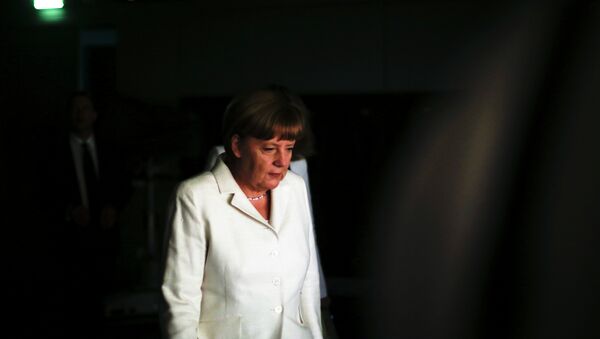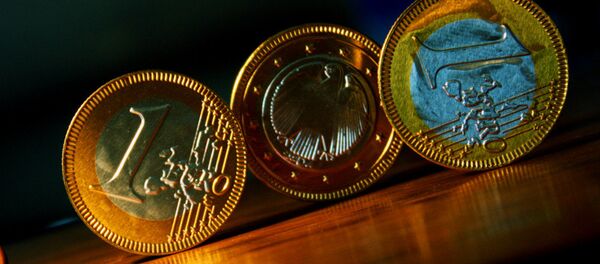In 2014, Germany recorded a trade surplus of 217 billion euros and was the world's number 2 economy behind China. A trade surplus arises when a government spends less than it earns from exporting goods. The excess reserves are then spent for loans and awarded to other states.
However, instead of a positive contribution to global economy growth, the German trade surplus has had the opposite effect, US economist Patrick Chovanec wrote in the Foreign Policy magazine.
"The Eurozone crisis is often called a debt crisis. But, in fact, Europe as a whole did not have an external debt problem, but an internal one,” Chovanec wrote.
According to him, German surpluses and rising debt in peripheral European states were two sides of the same coin. Instead of investing this money in the domestic economy, Germany gave it out to its trading partners in the Eurozone which, in turn, used the money to purchase German products.
According to the expert, the best solution would be for Germany to withdraw from the Eurozone and reintroduce the German mark. He argued that trade surpluses are already available anyway, but the question is where they will be spent.
Domestic investment would be a more desirable option which would contribute to a real European recovery, Chovanec stated as cited by DWN.




